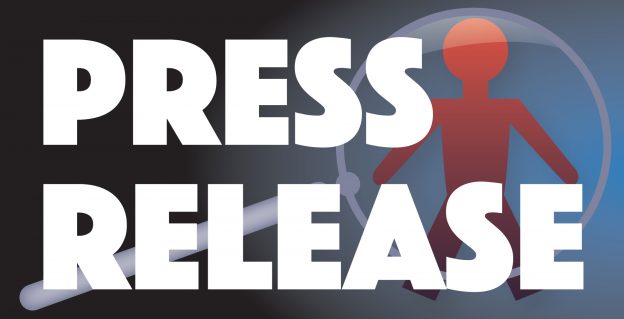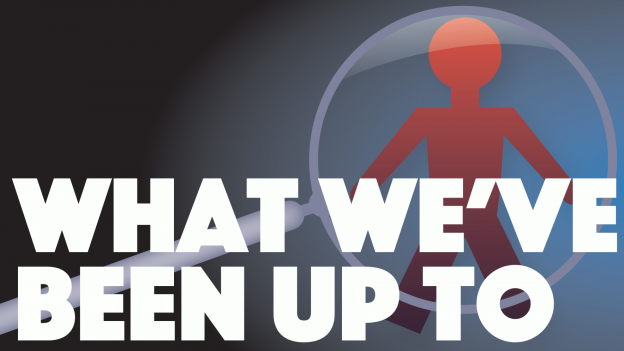
January 29, 2025, OTTAWA – The International Civil Liberties Monitoring Group (ICLMG) expresses mixed feelings with the release of the report from the Public Inquiry into Foreign Interference, led by Justice Marie-Josée Hogue. The report does an exemplary job of investigating and setting the record straight on the impact of foreign interference in Canada, making it clear that, while interference is a serious and ongoing concern, some of the most heated and sensational accusations – that our institutions are under existential threat or that there are traitors in parliament – are incorrect and suffered from exaggeration or inaccuracy. However, the report disappointingly fails to engage with some of the key concerns arising from this heated debate, including increases in hateful and xenophobic rhetoric, and the use of these unsupported allegations to justify the rushed adoption of significant legislation that will have clear and negative impacts on fundamental rights and freedoms in Canada.
“In Spring 2024, Parliament rammed the Countering Foreign Interference Act through both the House of Commons and Senate with little to no time to study the bill, extremely limited debate, and with legislators saying their hands were tied when it came to important proposed amendments to ensure that fundamental freedoms were protected while addressing foreign interference,” said Tim McSorley, national coordinator of the International Civil Liberties Monitoring Group. “This was justified by what we now know were unfounded or exaggerated concerns regarding the breadth and depth of the impact of foreign interference in Canada.”
He further stated that: “The Inquiry rightly highlighted that the debate around foreign interference has decreased trust in public institutions. However, it is deeply disappointing that the Inquiry did not take this opportunity to urge lawmakers, going forward, to ensure that measures to counter foreign interference are the subject of robust, in-depth debate, analysis and amendment, and to clearly state that precautions must be taken to ensure fundamental freedoms are protected.”
The ICLMG co-organized open letters to MPs and to Senators, signed by more than ten leading civil liberties, human rights, legal and free expression organizations in Canada raising concerns about Bill C-70 before its adoption, and launched an online letter-writing campaign for the public to express their views. The ICLMG also raised these concerns in appearances before the House of Commons and Senate committees studying the bill, and submitted a policy brief to the Hogue Commission outlining the problems with the government’s approach to Bill C-70, the Countering Foreign Interference Act, in particular.
Among the concerns shared:
- The expedited study of Bill C-70 – an almost unprecedented six weeks – meant that there was no time for in-depth analysis or drafting of briefs, severely limiting the ability of civil society organizations and experts to weigh in.
- Parliamentarians expressed that while they understood concerns, they were unable to formulate and present amendments on such a short timeline, and worried that amendments would further delay the process.
- While action to address foreign interference is necessary, it was premature to adopt legislation before knowing the full scope of the problems.
- Heated rhetoric, based on classified reports and leaked documents, created an atmosphere of fear and panic which was used to justify speedy action at the expense of careful examination. We now know, thanks to the Inquiry’s report, that these concerns were overblown.
- Several parts of Bill C-70, including amendments to the CSIS Act and the Criminal Code, new foreign interference offences, changes to the Canada Evidence Act, and the proposed Foreign Influence Registry, contained provisions that were overly broad, presented threats to freedom of expression, assembly and association, and undermined access to fair and open court proceedings.
Despite these concerns, the ICLMG welcomed several of the Commission’s recommendations, including addressing problems of over-classification of government documentation, ensuring greater public transparency around foreign interference, the need for greater caution around intelligence sharing, and the need to address acts of transnational repression.
The ICLMG also noted the proposal for a new agency to collect and monitor open-source intelligence. Any proposal to do so will need to take into careful consideration the potential of increased surveillance of Charter-protected communication and expression, especially given existing issues regarding efforts by national security agencies to collect and analyze “publicly available” or online material.
The ICLMG will continue to raise these concerns and monitor the creation and application of new laws and policies as well as the implementation of the recommendations of the Commission and how the Canadian government addresses foreign interference.
Since you’re here…… we have a small favour to ask. Here at ICLMG, we are working very hard to protect and promote human rights and civil liberties in the context of the so-called “war on terror” in Canada. We do not receive any financial support from any federal, provincial or municipal governments or political parties. You can become our patron on Patreon and get rewards in exchange for your support. You can give as little as $1/month (that’s only $12/year!) and you can unsubscribe at any time. Any donations will go a long way to support our work. |








